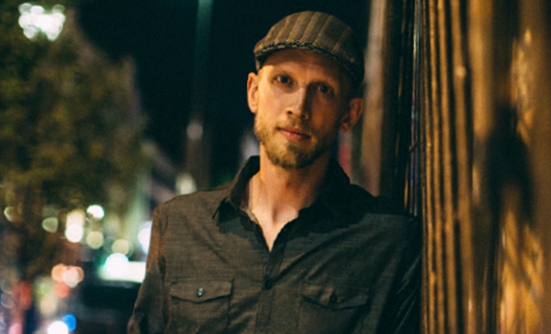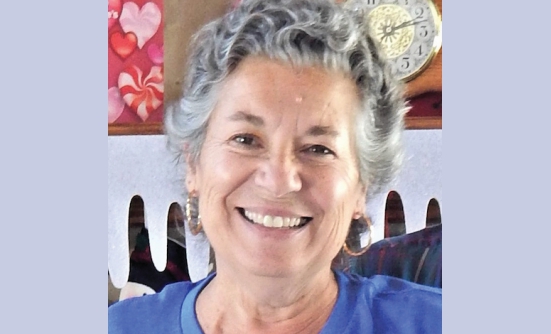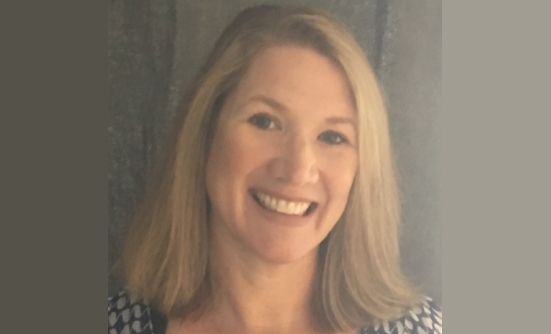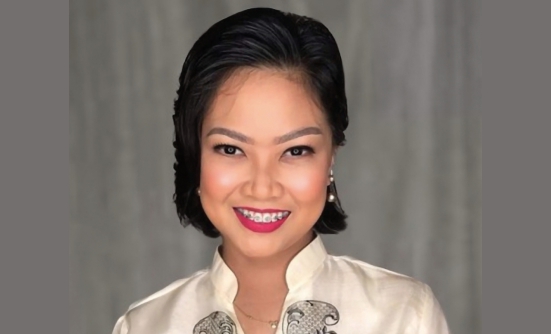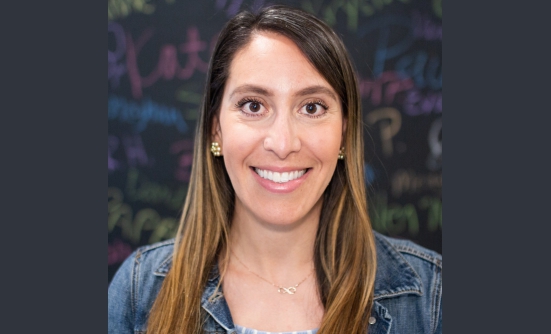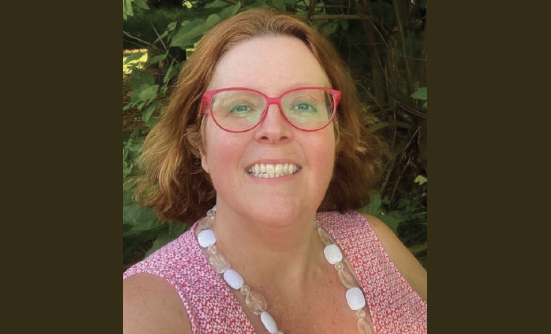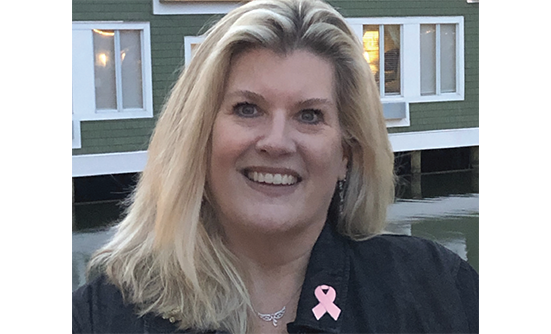Whether you’re in treatment, living with cancer, or a survivor, figuring out how to waltz back into the dating dance is fraught with unease and uncertainty.
Regardless of how much you have enjoyed or succeeded with dating before cancer, you (and the rest of Western civilization) relied on well-known steps in getting to know another person. The dance starts slowly with the exchange of factoids about work and hobbies. As you and that attractive person get to know each other better, the pace quickens and you start disclosing more intimate information about family, life goals, fears, and dreams.
Well, that’s the way it’s supposed to work in healthy relationships between 2 people. But when you add a cancer diagnosis to the mix, the old playbook gets thrown out. Most of us affected by cancer don’t know what playbook we should be using; instead, we end up stumbling our way through relationships, not knowing how to navigate.
The problem is not cancer, us, or even the people we like. So what is it? It’s the playbook. You’re working from a rough draft of one, and the person who hasn’t had a life-changing experience is working from another.
This mess of misunderstanding, expectations foiled, and the feelings of rejection and judgment that often follow, can be mitigated by close attention to 3 variables: when, what, and whether to disclose about your experience with cancer.
When
The issue of when falls into 2 categories: when the right time is to start dating after cancer, and when to tell someone, whom you like a lot, about your experience.
Knowing the right time to date is completely individual. I’ve known some people who started dating in treatment, and others who waited months or years before entering into a new romantic relationship. Neither approach is better than the other.
Pay attention to your motivation to date during or after treatment. When I was bald, skinny, and pale after several rounds of chemotherapy, I definitely didn’t look like my normal self. With my life completely upended and an uncertain future before me, I certainly didn’t feel like myself. Yet, I wanted to do “normal” things, such as going on a date, to regain some sense that I was still “me.”
Whether it happens during treatment or after, cancer changes your understanding of your identity. And if you don’t know what’s going on with your body, mind, and soul, it’s impossible for someone else to know them. If you decide to date during treatment, expect that the psychological impact of your cancer experience will arrive at some future date. If you decide to wait until some time has passed since your diagnosis, whom you want to be with, and who you are, might already have changed.
Once you’ve taken the big bold step back into dating, knowing when to tell the other person is tricky. You cannot not talk about your meaningful experience if you want the relationship to grow. But spilling the beans too early may scare away the wildlife.
Consider taking a page from the old playbook and disclosing only one little nugget at a time. If the other person likes what you’re putting down, you’ll know it’s safe to add more details about your cancer experience; the relationship can then continue to build.
How will you know? Thoughtful questions and responses, keeping those stories in check about aunt so-and-so who had cancer, and not probing for juicy tidbits are good places for a partner to start.
However, if Mr. or Ms. Jerkface runs away after hearing your heavy news, then the nugget approach will have protected your heart from being fully exposed. Yes, rejection hurts. But you didn’t give away your entire soul, only to have it crumpled into spitballs. Save the good stuff for someone who deserves to hear your story.
A little shortcut to when is to decide whether you’re trying to get or to give something in the telling. You may be looking to get sympathy, admiration, pity, or approval from your date. Conversely, you can give knowledge, trust, or insight. Giving comes from a centered, grounded place; getting comes from a place of need.
What
Don’t fret if the magic words don’t flow from your lips. Most of us, me included, struggle to figure out how to disclose deeply personal information on the fly. It’s going to feel awkward, and that’s okay.
No matter how silver-tongued you are, know that you don’t have to lead with cancer, but definitely be willing to talk about it as long as you stay comfortable. Gauge the other person’s reaction, too; eye popping, jaw dropping, and all otherwise exaggerated reactions are your signal to clam up.
There’s also no law that says you have to say anything at all. People will google you—expect it. If there’s some post related to your cancer experience on social media or on someone’s fundraising page, people will have questions for you.
Keep things superficial if that suits you. It’s your cancer experience, after all. Be in charge of what you want to put out there.
Initially, it may help to focus on how cancer affects your life in a positive way today, and about how you’ve moved on. Raising the issue that way drives down the pity element of being ill and weak, and keeps both of you in the present.
For years, I told my “dates” my cancer story top to bottom, thinking I was being open. Instead, by tethering me to past trauma, it intensified their feelings of pity for me, which acted like a Tucks pad on any budding flames of passion.
Whether
Online dating presents a thorny thicket for disclosures. Although websites and apps have their place in the dating spectrum, they don’t allow you to present your cancer experience in the way you’ve decided will best suit a particular other person. And you can’t adjust to the response you’re getting, either.
Given our scant playbook for talking about illness, a thoughtless swipe left is easier than engaging with someone who has had cancer. You can be weeded out before you’ve exchanged even one message.
Rather than putting it out there for all the “Internetdom” to see, consider holding back the cancer part from your profile. See if you connect with the person about normal stuff—interests, goals, sense of humor—which is what you want in a partner in the first place!
Then, when you’re sipping lattes or strolling in the park, you’ll find an opportunity to disclose appropriately—one nugget at a time—and to gauge the reaction in real time.
Key Points
- Figuring out the right time to start dating is completely up to you, so be honest with yourself
- When you decide to disclose your cancer experience, it may be best to offer your story bit by bit and gauge the other person’s reaction
- Websites and apps may not be the best place to disclose your cancer experience
- You are in charge of the way you frame your cancer narrative




